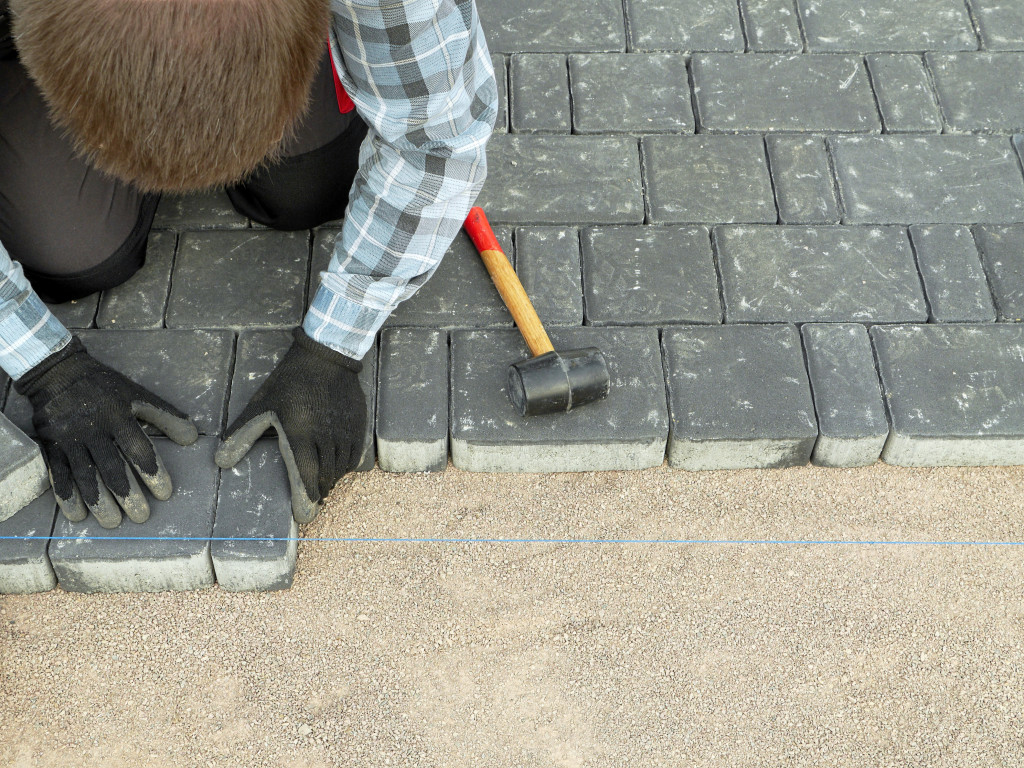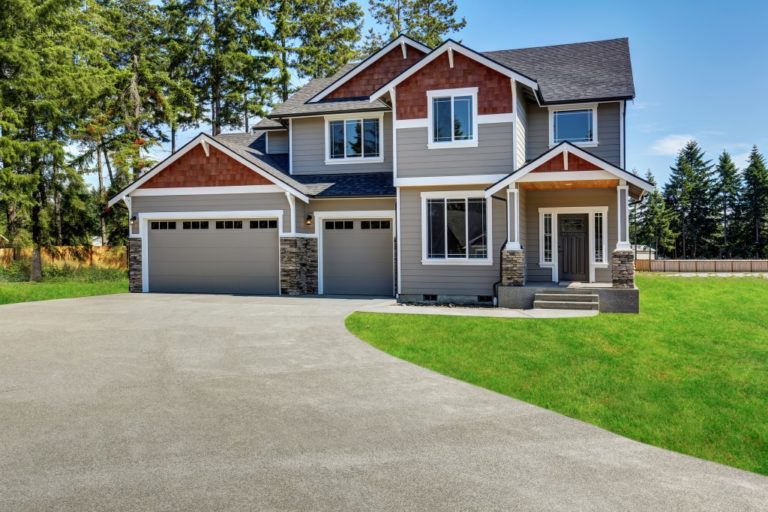Asphalt is arguably the most popular driveway material. It’s not an accident that more homeowners prefer it to concrete.
A mixture of aggregates, binders, and fillers, blacktop owes its appeal to its affordable price, which starts at $2 per square foot. Also, this material needs less time to cure properly. As a result, you could drive on it almost immediately.
It might not outlive concrete, but it can last for up to 20 years with proper upkeep. Two decades is long enough to convince budget-conscious homeowners to put their money on asphalt paving.
However, blacktop isn’t for every driveway. Before you spend your precious dollars on this common material, consider the caveats below.
Frequent Maintenance
Like asphalt roofing shingles, asphalt driveways can be highly prone to damage. Typically, blacktop needs a new seal six months after installation and then another every three to five years after that.
To protect its surface and preserve its pristine appearance, you ought to clean it semi-annually. The use of a stiff broom or a garden hose would suffice to get rid of unwanted dirt buildup and stubborn debris.
Asphalt loses its structural integrity over time, so watch out for cracks and potholes. More often than not, DIY minor asphalt-driveway damage isn’t worth the trouble. In other words, you’ll be bound to hire a pro for resurfacing. The good news is that blacktop isn’t costly and time-consuming to repair.
High Heat Sensitivity

Other than friction, heat is a significant threat to asphalt. This material reacts to extreme temperature swings. It can expand when it’s hot and contract when it’s chilly.
If a warm climate, asphalt notoriously becomes sticky or gooey when solar heat is at its most intense. But it snow country, this tar-based driveway material outperforms concrete. The latter develops fissures when the temperature drops and stays low and reacts negatively to salt.
Extreme Susceptibility to Gasoline Damage
Driveways usually are defenseless against the spillage of liquids. Asphalt can take oil and does an excellent job hiding the stain it leaves behind. However, this material is vulnerable to gasoline.
Gas dissolves the many ingredients that comprise asphalt. This phenomenon causes the hydrocarbon base to become thinner or render it more pliable. Either way, the driveway loses its ability to hold rock and sand together.
You must address gas spillage sooner rather than later. If you aren’t able to neutralize it quickly enough, the gas-soaked portion of your blacktop will age fast and crumble before you know it.
Little Room for Personalization
Make no mistake about it. Asphalt driveways don’t always have to look the same. It can be tinted with the use of colorful rocks or recycled glass, sealed with a specialty product to give it bright hues, and stamped decoratively when hot.
However, the aesthetics of asphalt are limited compared to the visual options of concrete. If you hope to give your house exterior a stunning focal point after your driveway installation, lower your expectations with asphalt.
Asphalt isn’t the most durable driveway material, nor is it the prettiest. But this material gets the job done at a fraction of the price of any alternatives to it.




